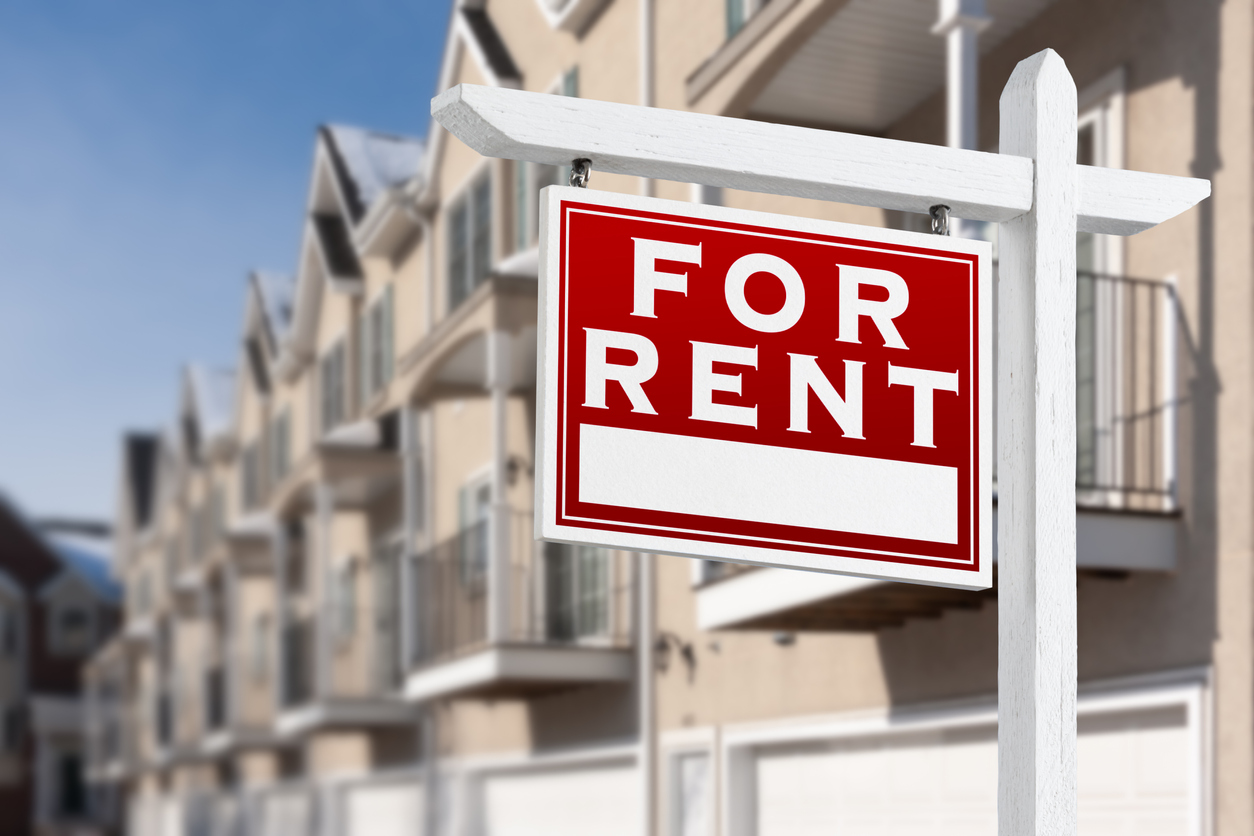Key Findings
- Initiative 2109 is a citizens’ initiative that would repeal Washington’s capital gains income tax.
- In 2021 lawmakers passed SB 5096, imposing a 7% tax on capital gains income of $250,000 or more.
- The bill was seen as unconstitutional. The state constitution bars an income tax unless it is applied equally at a uniform rate of up to one percent.
- Lawmakers got around this provision by labeling the capital gains income tax as an “excise” tax. The state supreme court, in a split decision that overturned its own past rulings, accepted this wording maneuver.
- A state income tax is highly unpopular. Washington voters have rejected income tax ballot measures ten times, by margins as high as 78%.
- The new income tax resulted in economic losses to the state, by discouraging investment and because some businesses have re-located to no-income-tax states.
- If the legislature takes no action on Initiative 2109 the measure will appear on the November general election ballot, where voters will decide whether Washington should again adopt a policy of having no state income tax.
Introduction
A group of concerned citizens called Let’s Go Washington has gathered enough signatures to present a people’s initiative to the legislature, Initiative 2109, which would repeal the state’s “excise tax” on income of $250,000 or more from the sale of certain capital assets. Because the state assesses the tax based on income earned from capital gains it functions as an income tax.
Initiative sponsors needed to collect 324,516 valid signatures (8% of the votes cast in the last election for governor) by December 31st to submit the measure for consideration in the 2024 legislative session.
By the end of December Initiative 2109 supporters had collected 454,372 signatures. The signatures were submitted to the Secretary of State’s office for verification and certification. On January 23rd the Secretary of State certified the initiative and forwarded it to the legislature for consideration.
Lawmakers have three choices:
- They can enact the initiative into law as is (the governor’s signature is not required);
- They can take no action, in which case the initiative is forwarded to voters on the November 2024 general election ballot. If voters approve the initiative it becomes law;
- They can pass their own alternative version, in which case both versions, the original and the legislature’s, will appear on the November 2024 ballot. Voters will first decide whether either version should become law and, if so, indicate on the same ballot which one should pass.
READ THE FULL LEGISLATIVE MEMO HERE




